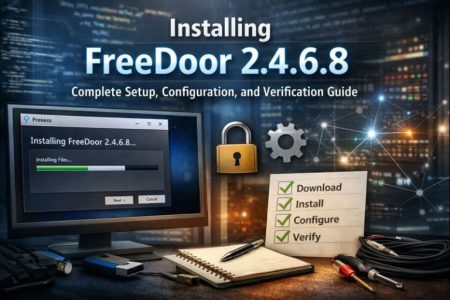A server plays a key role in business operations, whether it is running an e-Commerce website successfully or carrying out daily business tasks. So, you have to buy or rent a server from the available hosting service providers in the market. Let’s discuss the considerable factors before making the decision and the benefits of renting a server rather than maintaining it at your home or office. This post also reviews the associated costs for hosting servers, and that will help you to determine the budget for renting a dedicated server.
Why do I need to choose to rent a server?
The major benefits of a server rental are:
- Get access to high-end infrastructure with a lower budget.
- Eliminate up-front investment in hardware and its maintenance costs.
- Easier migration to a new server without any extra hardware costs
- Receive server storage with a secured data center and 24/7 tracking.
- Excellent support assistance around the clock
- Access the servers with networking, redundant power, and cooling.
- You can gain advantages from economies of scale for renting a server compared to buying a new one and storing it at your enterprise or office.
How does renting a server work?
You have to pay a monthly fee when you opt for a server rental. The hosting provider is responsible for server maintenance, including setup and deployment, 24/7 monitoring, and technical assistance. The server will be housed in secured data centers under complete observation while connecting to the top-tier networks that provide improved network connectivity and high-end availability. The hosting company offers server management with root access details, including network mapping, network settings, and power controlling.
Factors to be considered before choosing a rental server
You have to understand the hardware requirements when you’re renting a server. It completely relies on the business applications that you desire to use for your server rental.
Application Inventory
It’s required to survey what types of software will be run on the server and the number of users that will be handled by the server.
Search for recommended specs for a server
Determine the system features like processors, storage, and memory by researching each application’s needs.
Choose a server
You will be allowed to add the server components later to meet future needs based on your server type, whether dedicated or cloud. Dedicated servers are well-suited for different stable applications that require a CPU, memory, and storage resources in a significant amount. The billing of a dedicated server could be monthly or pre-payment, also offering great discounts. Cloud servers are ideal for web, email, or other related applications. These cloud servers are built with redundant CPUs, storage, and memory to provide high availability and maximum uptime, but they need to scale up over time. The servers are provided along with a management option for all server aspects and with root access under a rental service. A cloud server can upgrade at any time while a dedicated one can be upgraded for certain components.
Costs
Higher costs are incurred for a server that is deployed at your office or home. A dedicated server can be available for rental costs that range from $50 to $300 per month. However, these costs rely on the required amount of memory, CPU, and storage drives. Cloud servers can be rented for much lower prices with an initial rental of $5 per month.
Redundancy and Reliability
If your business is based on website hosting that requires it to be always available, choose the servers with sufficient resources to ensure full-time availability and reliability that increases uptime. It requires spending a lot of money in case of any issues with the servers for a home/office environment. To avoid this trouble, server rental would be a great option to mitigate some issues and provide good uptime.
Bandwidth Resources and Network Connectivity
For making the business operations faster and more robust, a server with more bandwidth and huge network resources is required. Consider renting a server that effectively runs with a high-speed network and provides data security against hacking, viruses, or malware.
Technical Expertise and Support
As servers are running on complex and advanced technologies and software programs, you need to have proficient knowledge of their administration. It’s better to choose a server rental program that comes with dedicated technical assistance round-the-clock to resolve issues if any. The hiring costs of technical expertise could be higher specifically in the case of 24/7 support.
Conclusion
Many business firms prefer to rent a hosted server or purchase a server based on their specific requirements. It’s feasible to rent a dedicated VPS as it assists to relieve the stress of running a physical server with safety and availability. When you’re renting a server, consider the above-mentioned factors and make a wise decision carefully in choosing a service provider to make your business a success.






